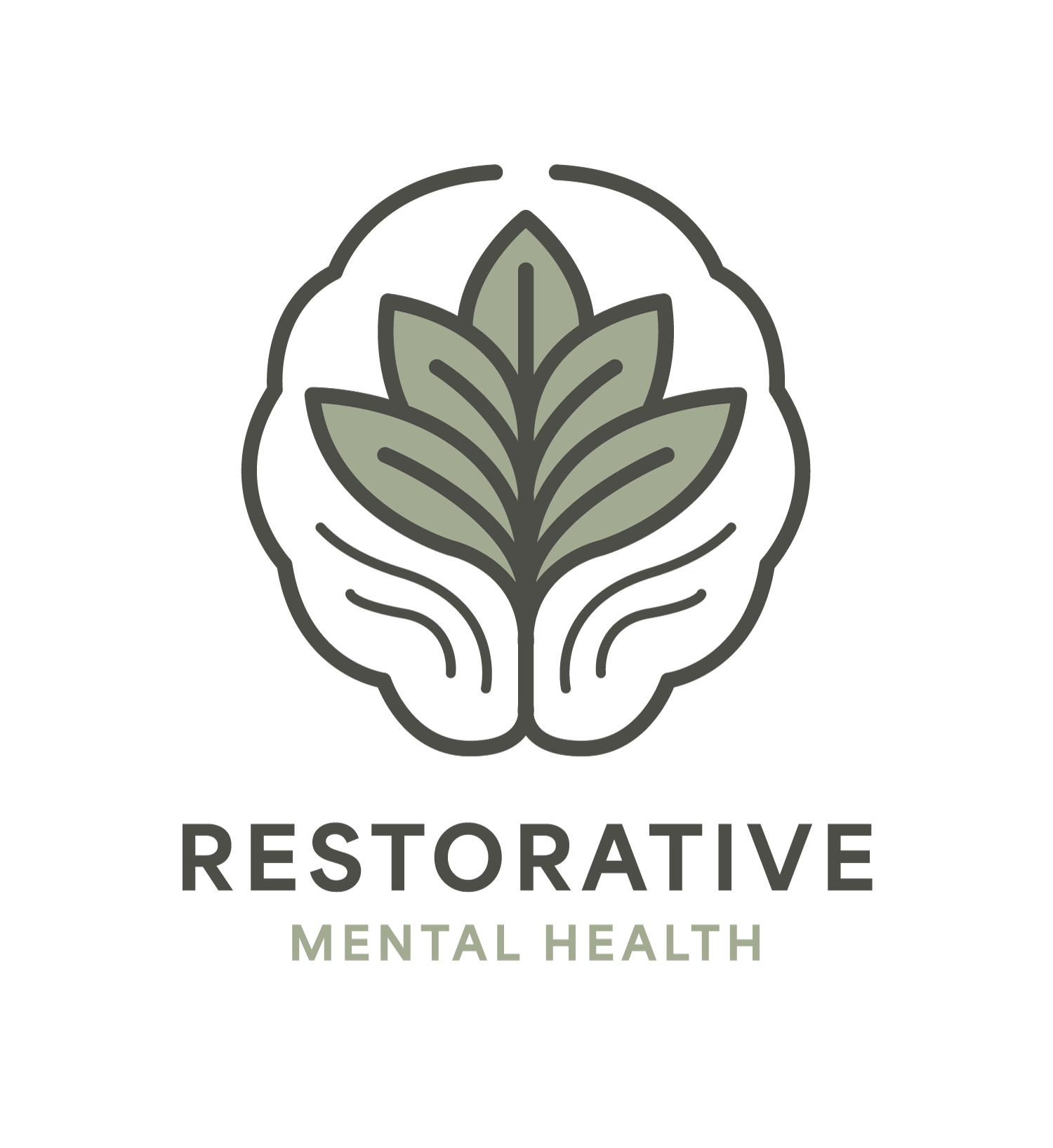Understanding the Impacts of Trauma
What Is Trauma?
These days, you might hear the word trauma a lot—but what does it really mean? Trauma isn’t just about what happens to us. It’s also about how those experiences affect us. When we understand trauma better, it becomes easier to heal and support others, too.
Understanding What It Means and How It Affects Us
Trauma is how our mind and body react to something really upsetting or frightening. It can come from big, obvious events—like an accident, natural disaster, or assault. But it can also come from less visible things, like bullying, emotional neglect, or a sudden loss.
At its core, trauma happens when something overwhelms our ability to cope. It can leave us feeling shocked, numb, or like everything is just too much.
Different Types of Trauma
1. Acute Trauma:
This comes from one big event—like a car crash, a violent attack, or the death of a loved one.
2. Chronic Trauma:
This happens over time from ongoing stress, like living with abuse or in a dangerous environment.
3. Complex Trauma:
This comes from many traumatic experiences over time, especially if they involve close relationships—like ongoing childhood abuse or neglect.
How Trauma Can Affect You
Everyone responds to trauma differently. Some people feel better after a little while. Others may struggle for months or even years. Common signs of trauma include:
Feeling anxious or on edge
Having nightmares or trouble sleeping
Reliving the event through flashbacks or memories
Feeling emotionally numb or disconnected
Struggling to trust others
Physical symptoms like headaches or stomach aches
These are all ways our mind and body try to deal with overwhelming experiences.
Trauma Isn’t Always Something You Can See
Someone may look “fine” on the outside, but still carry deep emotional pain. Trauma doesn’t always show up as visible wounds—but it’s just as real. Sometimes people try to push their feelings down, compartmentalize, or act like nothing happened. However, trauma often finds a way to resurface later on which can impact relationships with other or daily functioning.
Healing Is Possible
Good news: You can heal from trauma. With the right support—like therapy, self-care, and connection with understanding people—recovery is possible. Some types of therapy, like EMDR or trauma-focused CBT, are made especially to help people process and heal from tough experiences.
Final Thoughts
Trauma can happen to anyone. It’s more common than people think, and it’s nothing to be ashamed of. If you’re struggling—or know someone who is—reaching out for help is a strong and powerful step. You’re not alone, and healing is always possible.
